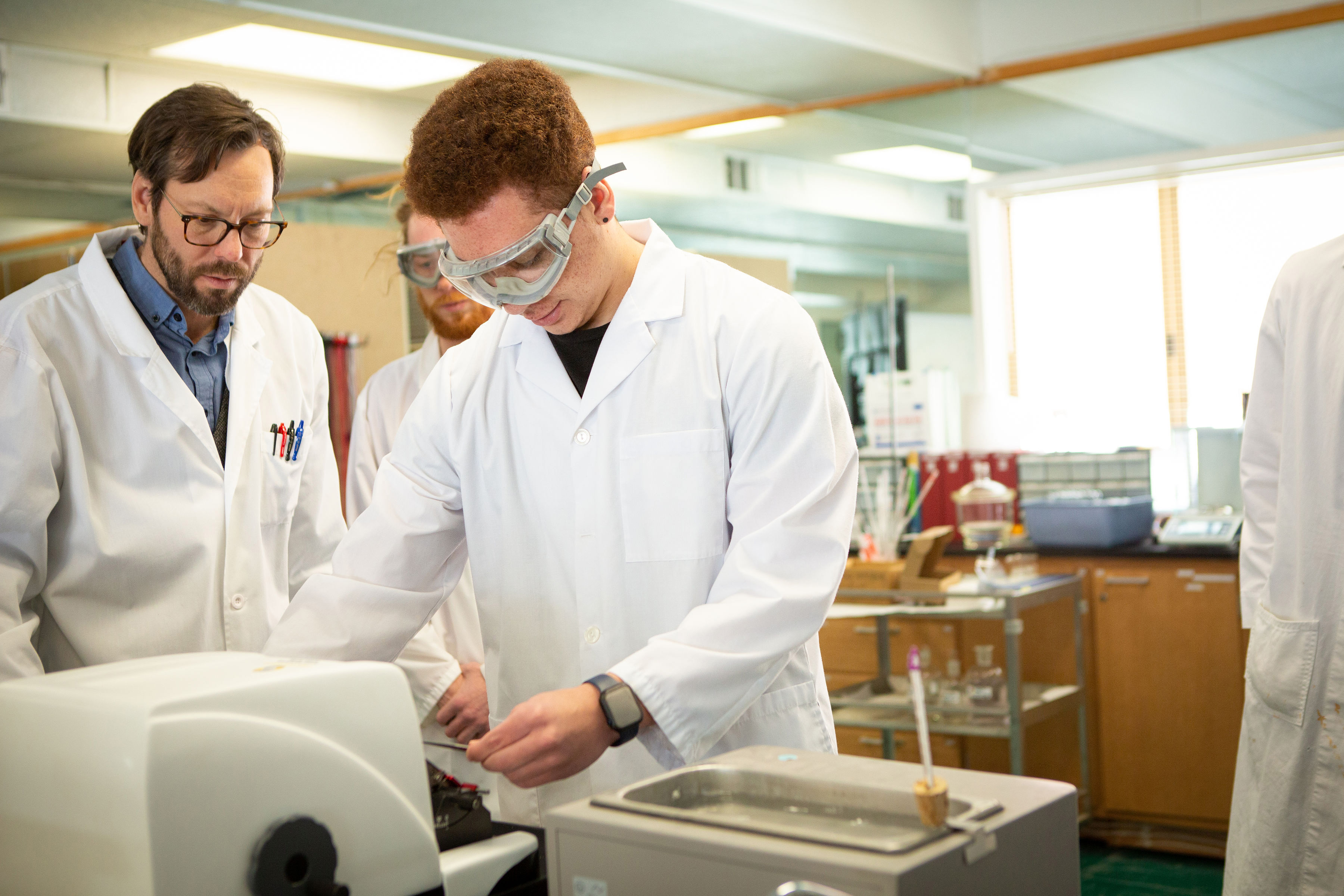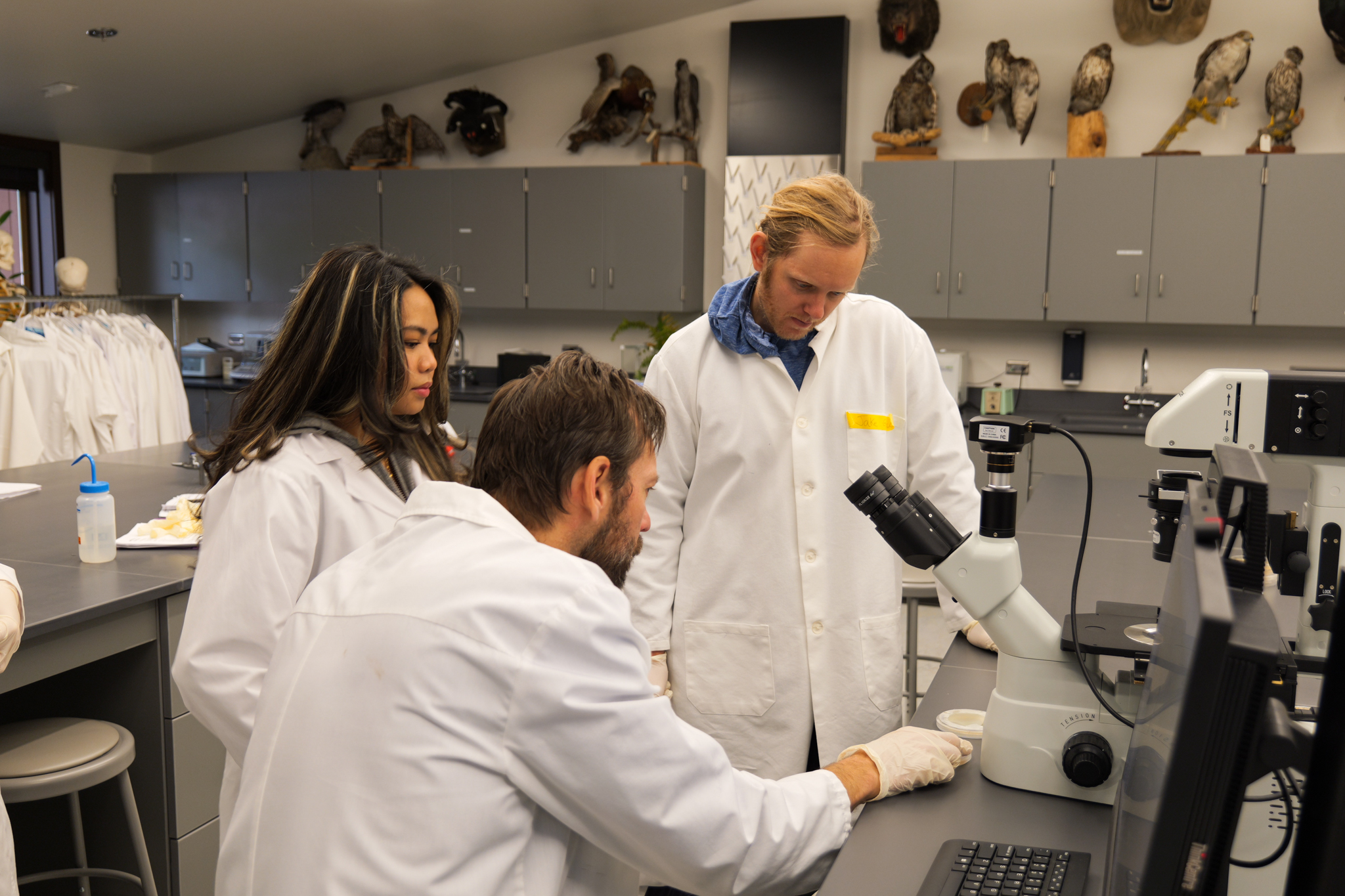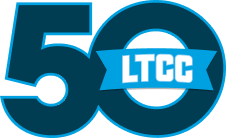Biology

![]()
From cell and molecular biology to ecology and anatomy and physiology, LTCC has a robust Biology department and can prepare your for your chosen career path.
An Associate Degree is offered in the field of Liberal Arts with an emphasis Mathematics & Science →

Need program details? View the Course Catalog for complete requirements and the Program Map for your personalized course planning guide.
The Mathematics and Science area of emphasis is an interdisciplinary option for students who desire a broad study in the natural science disciplines that include Anthropology, Astronomy, Biology, Chemistry, Geology, Physical Science, Physics and Math. The Mathematics and Science area of emphasis will help students prepare for transfer to a university in potential majors such as math, the biological sciences, the physical sciences, and related fields. Courses completed to satisfy the area of emphasis requirements below may also count toward satisfying university transfer general education requirements. Students are advised to consult with a counselor to develop an education plan that is appropriate to accomplish their academic goals.
- Associate Degree in Science, Environmental Science
- Associate Degree in Art, Environmental Studies
- Associate Degree for Transfer, Kinesiology
A Biology degree can lead to many different occupations and career paths. Below are just two career ideas:
Nurse Practitioner
The median wage in 2015 for Nurse Practitioners in California was $115,633 annually,
or $55.60 hourly. The median is the point at which half of the workers earn more and
half earn less.
Microbiologist
The median wage in 2015 for Microbiologists in California was $90,801 annually, or
$43.65 hourly. The median is the point at which half of the workers earn more and
half earn less.
There are A NUMBER OF STUDENT SCHOLARSHIPS that you can apply for each spring. Scholarships make it possible to earn money for college that does not ever need to be repaid. While some of LTCC's scholarships are competitive, there is a wide variety available you can apply for for free that are awarded based on all kinds of qualities and interests.



